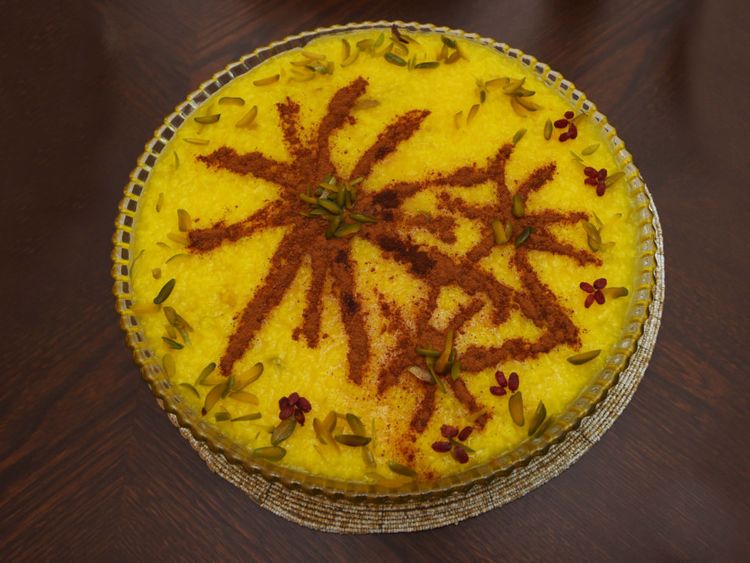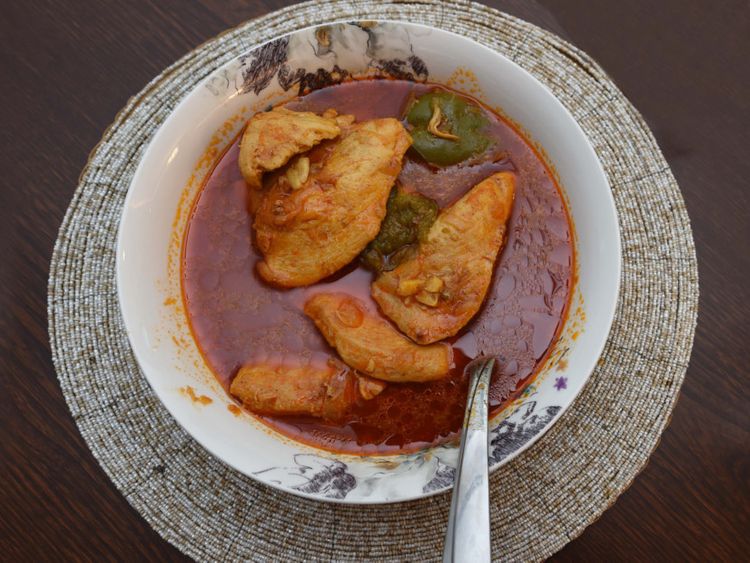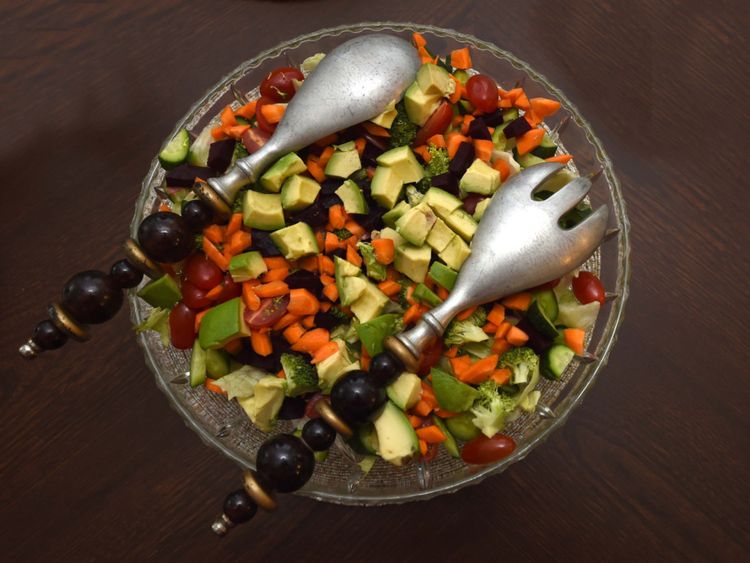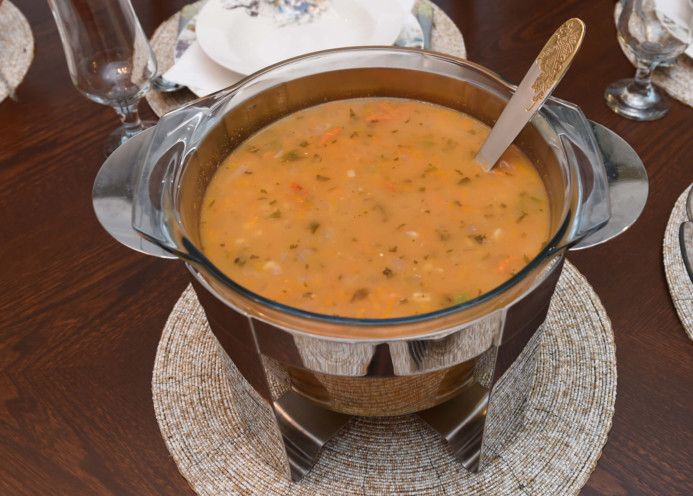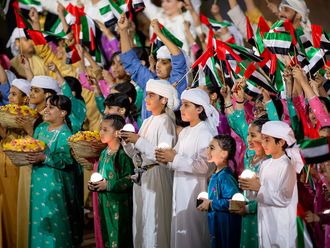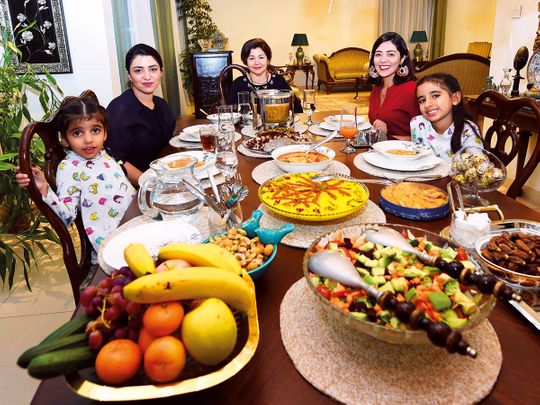
Dubai: The first day of Ramadan at the residence of Leila Masinaei at Villa Lantana 1 in Dubai this Ramadan was an all-woman affair. As the 38-year-old Iranian marketing entrepreneur, her two daughters Maya and Maha, mum Golnaz Mirzaie and sister Sara settled down at the 12-seater dining table to end their fast, one member of the family was not present: Leila’s Emirati husband Nasser Al Marzouqi.
“We are missing him,” said Maya, 8, even as her mother added that he was out on work.
While that is perhaps a reality in many modern-day households, there was no taking away the traditional flavours of the family iftar.
“The menu on Day 1 is all Iranian. Tomorrow it will be all Emirati,” said Leila.
That’s what I cherish the most about Ramadan. Aside from it being a religious and cultural celebration, it slows everyone down. Iftars take a while and we get to spend more time with our loved ones around the table. I just love it, sitting like this with my family, catching up and discussing plans.
The spread on the table was sumptuous: a tray with dates and black tea; a bowl of ‘Leila’s’ salad (avocado, cucumber, cherry tomatoes, beetroot, lettuce, broccoli and carrots); Soup Jo (vegetables with barley), Morg (chicken) Stew, Zereshk Polo (barberry rice) and Sholezard (sticky rice pudding) and fruits for dessert.
As Golnaz presided over a Farsi prayer ceremony at iftar time (6.55pm), she held her daughters’ and grand daughters’ hands, and thanked Allah for his blessings. She prayed that no one went hungry, that their door would always be open, their table always full, and that they could help those in need.
The prayer done, the older women helped themselves to the dates, followed by soup, while Maya and her five-year-old sister sipped on carrot juice and water. Over the next hour or so, it was time to leisurely savour the food — and the company.
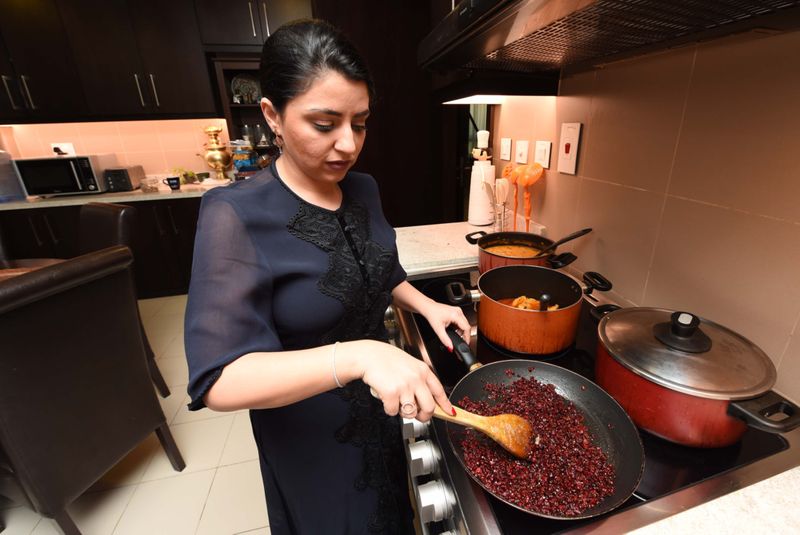
“That’s what I cherish the most about Ramadan,” said Leila. “Aside from it being a religious and cultural celebration, it slows everyone down. Iftars take a while and we get to spend more time with our loved ones around the table. I just love it, sitting like this with my family, catching up and discussing plans.”
Golnaz and Sara couldn’t agree more. “More than a religious event, Ramadan is an excuse to be with my family and share a meal together,” said Sara, who was specially visiting Leila with her mother.
“At my in-laws’ place, it’s a continuous stream of people — family, friends, neighbours — during this month and my mother-in-law makes sure there’s enough and more food for everyone,” said Leila.
According to her, the two cultures were very similar. “We are both very family-oriented, loud and love having people and food around us. Everyone is in everyone else’s lives.”
Despite her own busy schedule at work, Leila said she made it a point to cook for Iftar. “But I left the dessert Sholezard for my mum as that is her speciality.”
Cups of saffron tea later, the Emirati menu for the next day is finalised. “There will be kafsa for sure,” said Leila.
RECIPE FOR Zereshk Polo
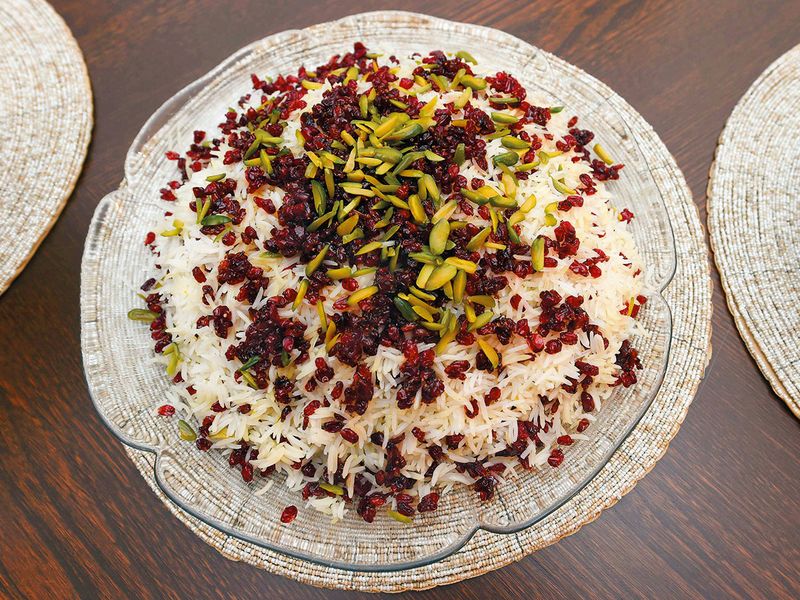
Ingredients
■ Rice — 3 cups
■ Salt — 1 teaspoon
■ Water — Enough to boil the rice
■ Potatoes — two medium or Bread — One slice
■ Veg oil/butter
■ Zereshk — half cup
■ Sugar — half cup
■ Butter — 2 tablespoons
■ Saffron — a pinch
Boil Egyptian rice with salt and water till the rice is soft, but not fully cooked.
Drain the rice. Spread the sliced potatoes or bread at the bottom of the pot and pour the rice into the pot. Let it cook in its own steam.
The potato or bread layer below becomes crispy.
Wash the zereshk and let it sit in water for 10-15 minutes. Saute it with butter in a pan on low flame. Add half a cup of sugar and some saffron.
Before removing the rice into a serving plate, mix the Zershek with it. Serve the crispy potatoes or bread alongside.


